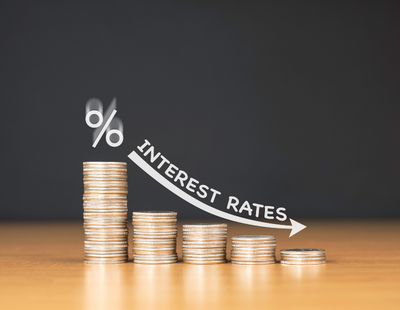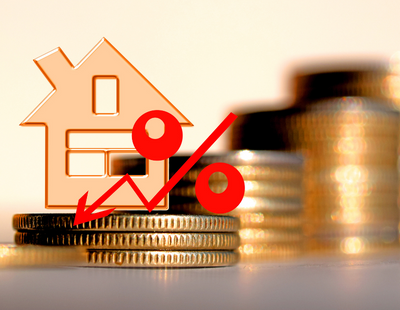House prices dipped on a monthly basis during March but annual growth improved, Nationwide data shows.
The latest Nationwide House Price Index recorded a 0.2% monthly dip in house prices between February and March to an average of £261,142.
Annual growth rose from 1.2% to 1.6%, according to the index.
Commenting on the figures, Robert Gardner, Nationwide's chief economist, said: “Activity has picked up from the weak levels prevailing towards the end of 2023 but remain relatively subdued by historic standards.
“For example, the number of mortgages approved for house purchase in January was around 15% below pre-pandemic levels. This largely reflects the impact of higher interest rates on affordability. While mortgage rates are below the peaks seen in mid-2023, they remain well above the lows prevailing in the wake of the pandemic.
“With cost-of-living pressures easing as inflation moves back towards target, consumer sentiment is improving. Indeed, surveyors report a pickup in new buyer enquiries and new instructions to sell in recent months. Moreover, with income growth continuing to outpace house price growth by a healthy margin, housing affordability is improving, albeit gradually.
“If these trends are maintained, activity is likely to gain momentum, though the pace of the recovery is still likely to be heavily influenced by the trajectory of interest rates.
Karen Noye, mortgage expert at wealth manager Quilter said this annual increase should serve as a serious wake up call to Government, highlighting the real-world impact of repeatedly missing house-building targets.
She added: “Given the lack of demand due to the cost-of-living crisis, house prices should have decreased but because there is such little housing stock, prices continue on an upward course.
“As interest rates are set to decrease again and demand expected to pick up during spring, this small monthly dip in prices is likely to represent a blip rather than a trend.
“House price inflation has often been positioned as a good news story but younger generations are now facing such an uphill battle to get anything like enough money together for a deposit a further increase will be worrying. Wage growth simply fails to keep up with house price growth and there is a real worry that there will eventually be a generation that enters into retirement needing to have enough in their pension to pay for their living expenses but also for rental costs. This represents a tall order.”
Amy Reynolds, head of sales at Richmond estate agency Antony Roberts, said: “The persistent supply/demand imbalance, which is particularly evident across London, along with better mortgage rates since the turn of the year, are supporting overall market strength and stability.
"In line with what we are seeing on the ground, Nationwide’s latest house price index points to an upwards trajectory in property prices.
"The sales market continues to pick up some momentum with committed buyers and a strong pipeline of serious applicants boding well for the spring market."
Nathan Emerson, chief executive of agency trade body Propertymark, added: “Sellers have every reason to start feeling positive about putting their home up for sale and being able to go on to buy their next perfect property. 2024 has shown a positive trend that house prices are growing once again following three years of economic turbulence.
“However the UK Government must look to make houses equally affordable for buyers and that can only be done by building more houses. Propertymark’s own Housing Insight Report found there has been an 80% increase in the number of new properties becoming available, ultimately making it easier for people to consider a move.”
















.png)


.png)




Join the conversation
Be the first to comment (please use the comment box below)
Please login to comment